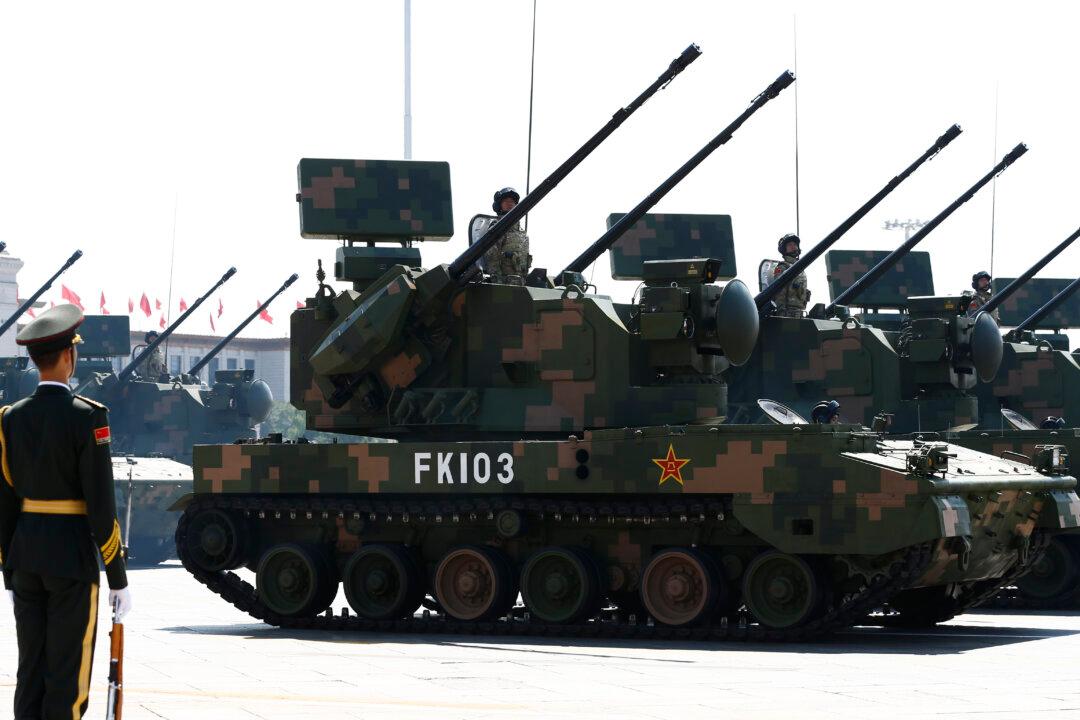LOS ANGELES/TORONTO—An elaborate scheme to send U.S. technology with military applications to China at one point involved using Air China pilots, U.S. authorities allege.
In January 2018, the FBI arrested Americans Yi-Chi Shih and Kiet Anh Mai for allegedly buying microchips that can be used for military applications from a U.S. company under the pretense that they were for domestic use, while scheming to send the technology to China. A third suspect, Canadian Ishiang Shih—a professor at McGill University and Yi-Chi Shih’s brother—is also charged by U.S. authorities in relation to the case, although he hasn’t yet been extradited and is free in Canada.





